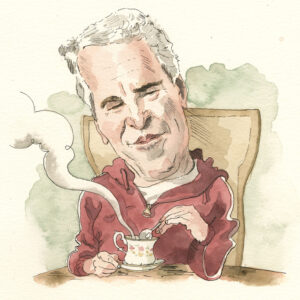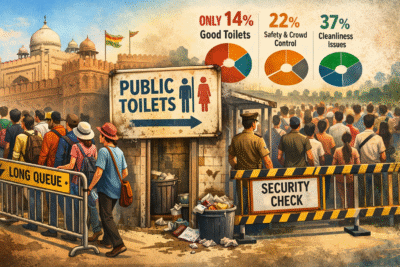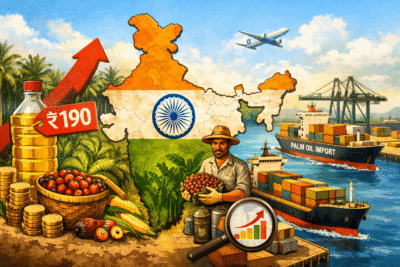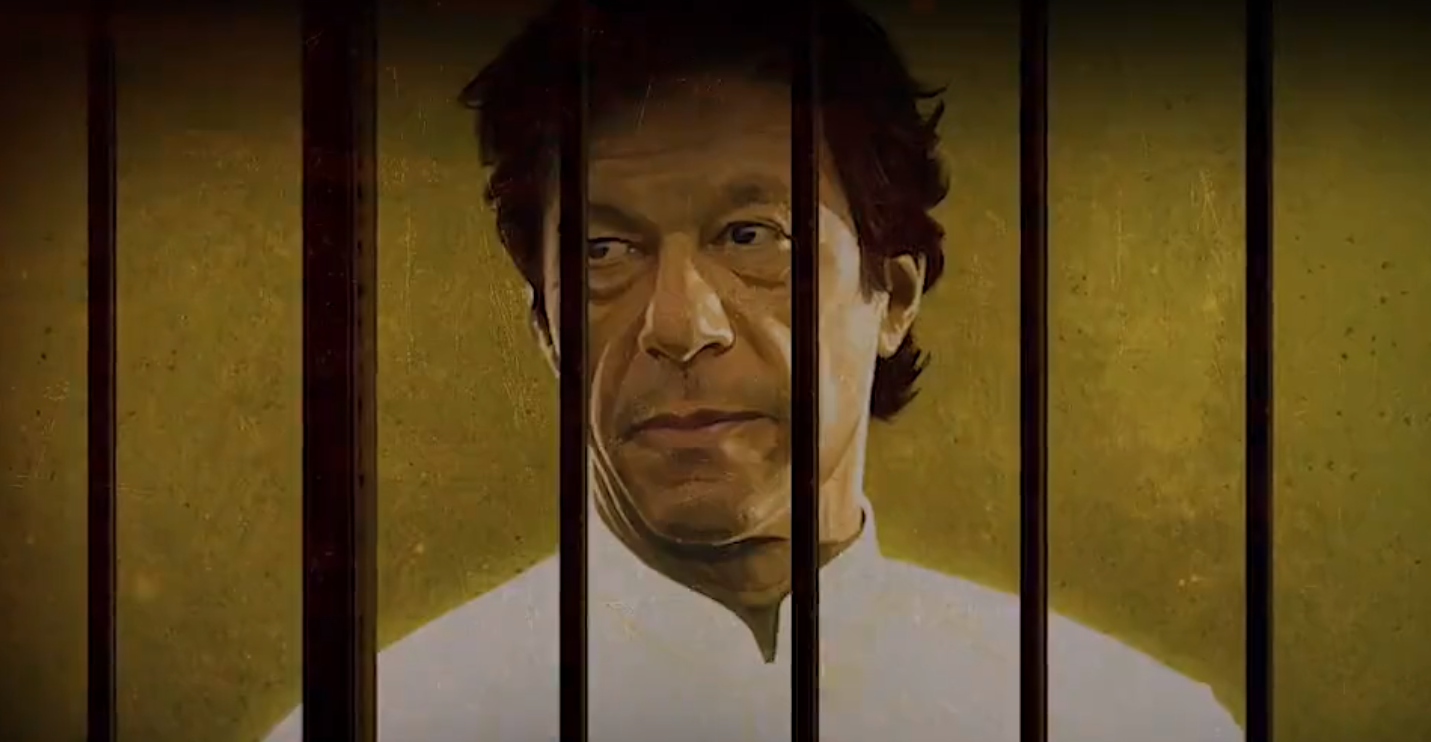
Former Pakistan PM Imran Khan, convicted in multiple cases, has no chance of getting back to power in the next week's parliamentary election. (Photo: X/Imran Khan PTI)
In the labyrinth of Pakistan’s politics, where intrigue and uncertainty reign supreme, a story unfolded that defied all expectations.
Imran Khan, the former cricketing icon turned politician, once soared to power on the wings of promises and aspirations. His party, the Pakistan Tehreek-e-Insaf (PTI), had pledged to dismantle the entrenched system of corruption and nepotism, promising a new dawn for the nation. However, as time passed, the challenges mounted, and the dream of a reformed Pakistan seemed to slip further from his grasp.
On the other side of the political spectrum stood Nawaz Sharif, a seasoned statesman with a legacy marred by controversy and confrontation. Despite his tumultuous past, Sharif remained a formidable figure in Pakistani politics, commanding a loyal base of supporters and critics alike.
As the nation braced itself for yet another round of elections, the stage was set for a showdown unlike any before. The specter of military interference loomed large, casting a shadow of doubt over the electoral process.
In the midst of this uncertainty, a series of unexpected events unfolded, reshaping the political landscape in ways no one could have foreseen. Imran Khan, besieged by allegations of corruption and mismanagement, found himself ousted from power, his once unassailable position crumbling before his eyes.
In a stunning turn of events, Nawaz Sharif, who had been languishing in exile for years, returned to Pakistan amidst a wave of fervent support. His dramatic comeback captivated the nation, sparking hopes of a revival for his beleaguered party, the Pakistan Muslim League-Nawaz (PML-N).
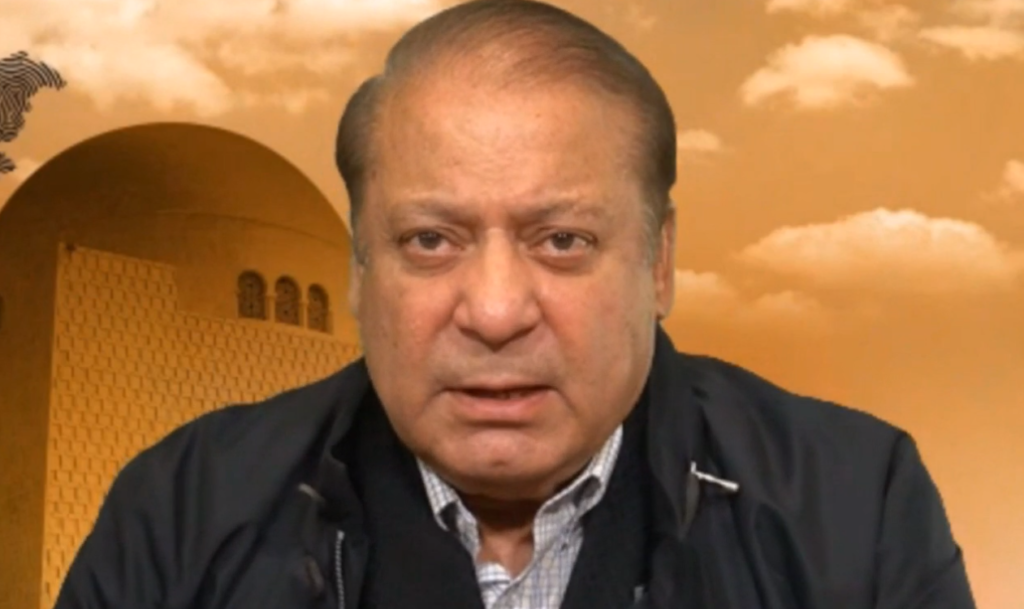
As Sharif ascended to the pinnacle of power once again, the dynamics of Pakistani politics underwent a seismic shift. The tables had turned, with Imran Khan now relegated to the sidelines, his political future hanging in the balance.
Behind the scenes, whispers of clandestine dealings and backroom negotiations abounded, fueling speculation about the true motivations behind the dramatic upheaval. Some saw it as a strategic maneuver orchestrated by the military establishment to maintain its grip on power, while others viewed it as a genuine expression of popular discontent with Khan’s leadership.
Yet, amidst the chaos and uncertainty, one thing remained clear—the people of Pakistan yearned for stability and progress, weary of the endless cycle of political turmoil and upheaval.
As Nawaz Sharif assumed the mantle of leadership once again, he faced daunting challenges and daunting opposition. His path forward was fraught with obstacles and pitfalls, but he remained undeterred in his quest to steer Pakistan towards a brighter future.
In the end, the story of Imran Khan and Nawaz Sharif served as a poignant reminder of the turbulent currents that shaped Pakistani politics—a saga of ambition, intrigue, and the enduring quest for power and redemption.
